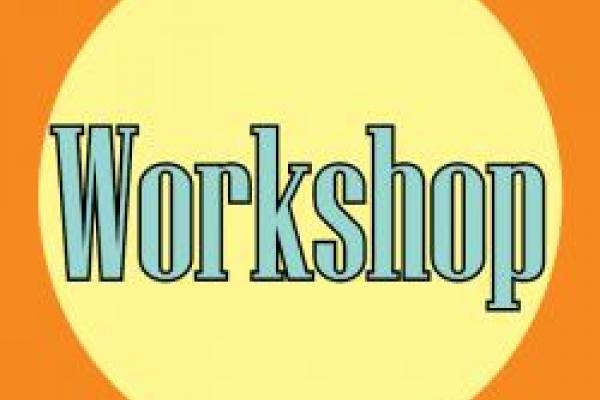
Featuring the American Folklore Society's Working Group on Lay and Expert Knowledge, Supported by the Teagle Foundation
This workshop is one in a series of reports from a multi-institutional working group funded by the Teagle Foundation's "Big Questions and the Disciplines" initiative. Led by American Folklore Society Executive Director Tim Lloyd and CFS Director Dorothy Noyes, a team of eleven scholars has been developing undergraduate curricular initiatives designed to mediate between academic modes of inquiry and the community-based knowledges of students.
The informal discussion will address the variety of knowledge gaps between communities, undergraduates, and professors. Our participants devise folkloristic strategies for bridging these gaps not only in folklore courses but in teaching composition, designing general-education curricula, creating courses and majors in a range of disciplines, and also in developing public humanities programming. They share their experiences in institutions including community colleges, private liberal-arts colleges, Catholic colleges, and public urban and land-grant universities.
After the workshop, the Folklore Students Association is hosting a lunch for students only (graduate and undergraduate) to meet with the visiting scholars. This will be in Knight House from 12:30 to 2:00. To RSVP for the workshop and/or the lunch, contact Kate Parker no later than Monday, February 21, 2011.
Conference Program
9:00 Welcome and introduction to the project
Dorothy Noyes, English and Comparative Studies, Ohio State
9:15-10:45 Cultural capital and knowledge gaps
What do students bring to the table in different institutional settings? How can we make "lay expertise" visible to students and also visible to the academy? How do we help students to acquire the kind of cultural capital they lack? How do we teach students and ourselves to deal with a moving knowledge horizon?
Sabina Magliocco, Anthropology, California State University (Northridge)
Sean Galvin, LaGuardia Community College (Long Island City, New York)
Michael Chiarappa, History, Western Michigan University (Kalamazoo)
Carl Lindahl, English, University of Houston (Texas)
Jason Baird Jackson, Folklore and Ethnomusicology, Indiana University (Bloomington)
10:45-11:00 Coffee
11:00-12:30 Bridging the gaps: how to make progress
Knowledge gaps often relate to controversial and emotional topics. Neither students nor professors typically welcome any unsettling of their assumptions. What is our obligation to unsettle them in either direction, and how does this differ in relation to differential student vulnerabilities? How do we address student relativism and demonstrate that both in communities and in the academy some arguments are recognized as better-grounded than others? How can we promote critical thinking and information literacy skills in a polarized public sphere where knowledges are often felt to correlate to identities? More broadly, can we use the integration of lay and expert knowledges to advance both the educational mission of our institutions and the needs and interests of surrounding communities?
Leonard Norman Primiano, Religious Studies, Cabrini College (Radnor, Pennsylvania)
Danille Elise Christensen, Communication and Culture, Indiana University (Bloomington)
Tom Mould, Anthropology, Elon University (Elon, North Carolina)
Howard Sacks, Sociology, Kenyon College (Gambier, Ohio)
Susan Hanson, Veterans Learning Community, The Ohio State University
Jay Mechling, American Studies, University of California (Davis)
